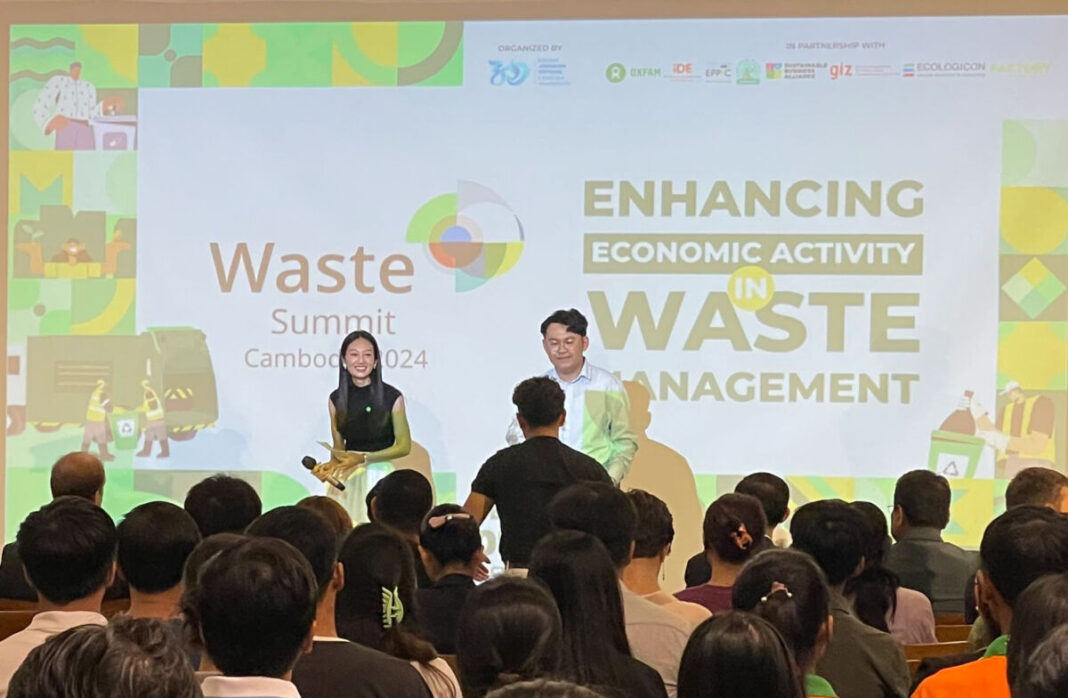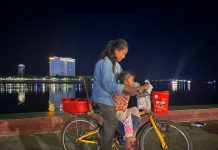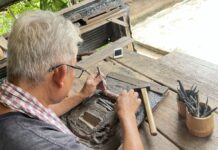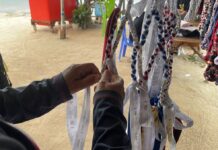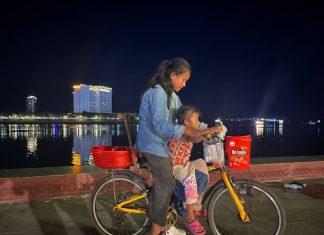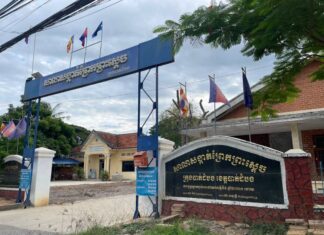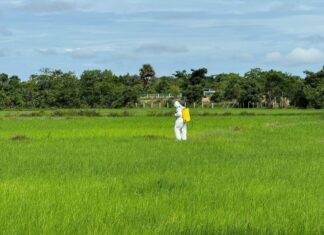A record 500 participants gathered at the 2024 Cambodia Waste Summit with one goal: tackle the country’s spiraling garbage challenges.
The summit, now in its seventh year, showcased the innovations of more than 50 local groups working on solid waste processing, plastic composting, water filtration and more. The aim: foster collaboration between environmental investors, entrepreneurs, government officials and the private sector.
“It is very important that people start talking about waste by reflecting on their waste management activities,” said Nuon Monica, an event organizer. “People need to be aware of waste management as a way to take control of their own lives. I believe this forum helps participants understand waste management and think critically about how they handle waste in their communities.”
Cambodia uses a staggering 56 million plastic bags every day, according to the Ministry of Environment, and produces more than 3,500 tons of waste. The environmental impacts are everywhere, from litter-clogged street gutters to trash-strewn rivers and haze-filled skies.
If the country is to get a handle on things, it will need to expand clean technologies.
“This exhibition is not just a showcase, but an exchange of knowledge on waste management,” she said. “It offers a platform where not only business owners can learn, but also pass on valuable insights to their employees.”
Raising awareness is key, experts say, and more needs to be done.
“It’s crucial to teach the younger generation to recycle, innovate, and create something new to support the environment,” said Ou Somna, a water and environmental engineer with a local company using coconut shells to filter polluted river water. “We must create awareness about the impact we, as Cambodians, have on our environment and inspire the next generation to take action in protecting it.”
For many attendants, the summit offered a welcome opportunity to connect with other environmentally conscious collaborators.
“This program brings together a wide range of environmental initiatives,” said Kim Chheng, 14, who manned a booth backed by his school’s 4R group. “It provides a valuable platform for learning and understanding Cambodia’s environmental challenges and potential solutions.”
The four Rs – reduce, reuse, recycle, recover – are a key idea in waste management. They were a recurrent theme in the day’s discussions.
Min Samneang, a summit attendee, praised the event for bringing together so many environmental and waste management specialists.
“I learned a lot about transforming waste, including how to process kitchen waste into useful items like animal feed,” she said. “This knowledge is valuable for improving waste management practices.”
Soeun Ratana, a student at the Royal University of Agriculture, said he would return next year.
“The focus on sustainability and environmentally friendly products was very enlightening,” he said. “I learned how waste and plastic are recycled into valuable and usable items, which supports sustainable development.”
Penh Kem, the governor of Stung Sen city in Kampong Thom province, said he was attending the summit for the first time. Waste management was a top focus of the government, and he was attending to gain a better understanding of the issue.
“I believe this program is important, as it demonstrates a strong commitment to the well-being of the people, particularly in terms of waste management and disposal,” he said. “These are crucial factors that the Royal Government prioritizes highly.”
He learned a lot, he said, from the expert panels and discussions, and he would share those ideas with residents back home.
“I gained valuable experiences from the governors of Kratie and Battambang, as well as from organizations involved in implementing garbage management procedures,” he said. “These insights will help in spreading educational messages to the local people about effective waste management.”


